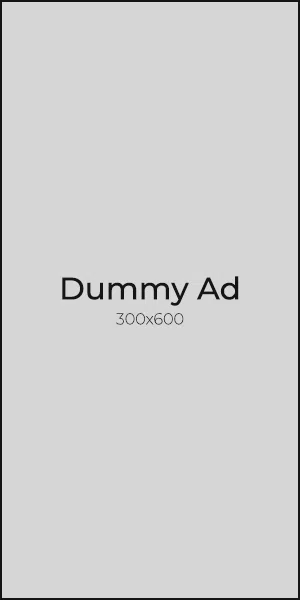FRANKFURT (Reuters) -The European Central Bank should only engage in massive bond buying in “absolutely exceptional cases” after this form of monetary stimulus caused it to report major losses, ECB policymaker Joachim Nagel said on Monday.
The Bundesbank’s president was joining a growing number of policymakers in signalling the ECB wanted to turn the page on the aggressive-money printing policy that marked the last decade, when inflation in the euro zone was too low.
“In light of the latest experience, we should deploy the instrument of large-scale asset purchases at the lower bound for interest rates in absolutely exceptionally cases in the future,” Nagel said in a speech.
Having vanquished high inflation, the ECB is reviewing its long-term strategy, including the role of massive bond purchases, or quantitative easing (QE). An announcement is expected in coming weeks.
The ECB bought 5 trillion euros ($5.77 trillion) worth of debt in 2014-21, a wave of money printing that has been criticised for creating bubbles in property and financial markets.
When inflation and interest rates eventually rose, the ECB and its shareholding central banks, particularly the Bundesbank, ended up paying high interest on the reserves they had created while collecting little income from the bonds.
ECB vice-president Luis de Guindos told Reuters earlier this month the central bank had “learned much more” about the side effects of its stimulus policies. Croatia’s central bank governor Boris Vujcic said “the bar for QE would be higher” in the future.
ECB President Christine Lagarde said in the European Parliament on Monday the central bank “certainly prefer(red) to use interest rates” over QE as its policy tool.
($1 = 0.8673 euros)
(Reporting By Francesco Canepa; Editing by Toby Chopra)













Comments